
Diabetes
What Is Diabetes?
Diabetes is a pancreatic disease. A healthy pancreas releases insulin into the bloodstream regularly, and this insulin is critical in processing sugar and fat from food intake. However, a person who suffers from diabetes does not have sufficient insulin production or has insulin that doesn’t work properly. Some diabetic patients make a small amount of insulin, while others produce none at all. Without the necessary insulin, the patient can become very ill. Some complications of diabetes can even be fatal if not treated, so diabetes sufferers should see their doctor on a regular basis.
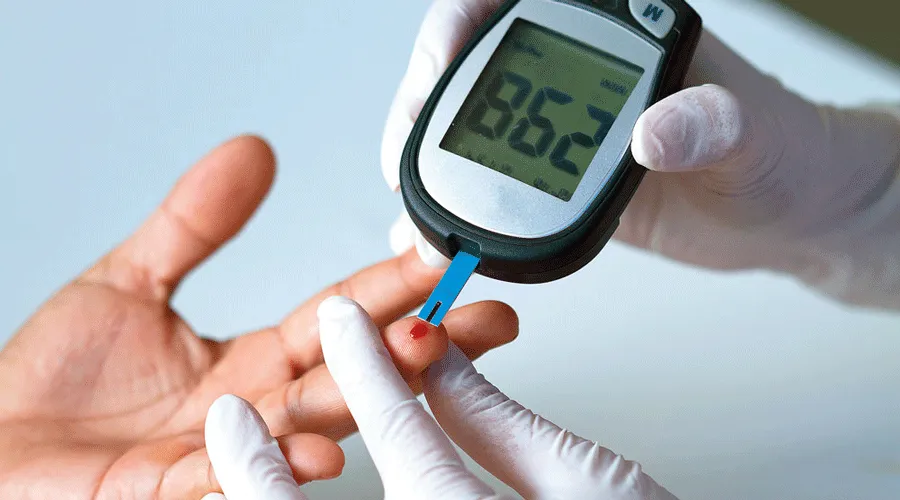

Diabetes
What Is Diabetes?
Diabetes is a pancreatic disease. A healthy pancreas releases insulin into the bloodstream regularly, and this insulin is critical in processing sugar and fat from food intake. However, a person who suffers from diabetes does not have sufficient insulin production or has insulin that doesn’t work properly. Some diabetic patients make a small amount of insulin, while others produce none at all. Without the necessary insulin, the patient can become very ill. Some complications of diabetes can even be fatal if not treated, so diabetes sufferers should see their doctor on a regular basis.
What Is the Difference Between Type 1 and Type 2 Diabetes?
People with type 1 diabetes have no insulin or very little insulin. The majority of people with type 1 diabetes are under 30 years of age. Type 2 diabetes is the most common kind of diabetes. It occurs when patients do produce insulin, but the insulin does not function in the body properly. Most people who develop type 2 diabetes are over the age of 40 and are overweight or obese.

What Are the Symptoms of Diabetes?
Symptoms of type 1 diabetes include extreme thirst, constant dry mouth, frequent urination, unexplained weight loss, exhaustion and blurry vision. Symptoms of type 2 diabetes may be more subtle and often increase as time goes by. They include blurry vision, slow healing, chronic itchiness in the groin area, chronic yeast infections, increased level of thirst, dry mouth, and a constant need to urinate.
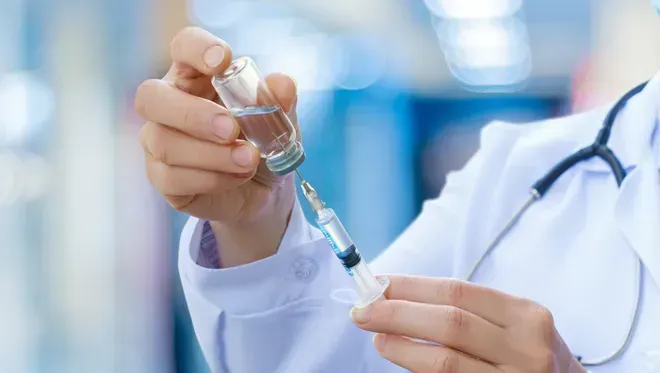
Can Diabetes Be Cured?
While diabetes cannot be cured, it can be managed very efficiently with the help of an experienced physician. Patients may take a combination of insulin and oral medicine. Closely monitoring blood sugar is important, as it can reveal problems before they become critical. Lifestyle changes like healthier eating, exercise and weight loss can also be an integral part of managing diabetes effectively.
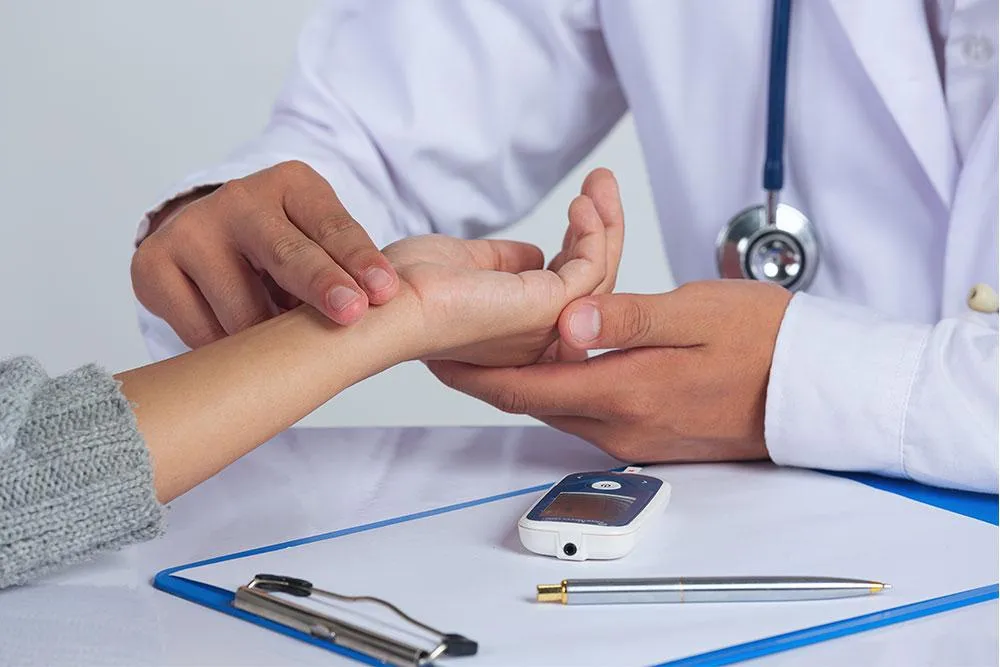
What Is the Difference Between Type 1 and Type 2 Diabetes?
People with type 1 diabetes have no insulin or very little insulin. The majority of people with type 1 diabetes are under 30 years of age. Type 2 diabetes is the most common kind of diabetes. It occurs when patients do produce insulin, but the insulin does not function in the body properly. Most people who develop type 2 diabetes are over the age of 40 and are overweight or obese.


What Are the Symptoms of Diabetes?
Symptoms of type 1 diabetes include extreme thirst, constant dry mouth, frequent urination, unexplained weight loss, exhaustion and blurry vision. Symptoms of type 2 diabetes may be more subtle and often increase as time goes by. They include blurry vision, slow healing, chronic itchiness in the groin area, chronic yeast infections, increased level of thirst, dry mouth, and a constant need to urinate.
Can Diabetes Be Cured?
While diabetes cannot be cured, it can be managed very efficiently with the help of an experienced physician. Patients may take a combination of insulin and oral medicine. Closely monitoring blood sugar is important, as it can reveal problems before they become critical. Lifestyle changes like healthier eating, exercise and weight loss can also be an integral part of managing diabetes effectively.

Treatment and Prevention

Early Medical Treatment and Supplementation

Specific Diet and Exercise Recommendations

Aggressive Screening, Alternative Therapies, and More
Treatment and Prevention

Early Medical Treatment and Supplementation

Specific Diet and Exercise Recommendations

Aggressive Screening, Alternative Therapies, and More
William Josephson, M.D
Board Certified Family & Internal Medicine Physician
William Josephson, M.D. is an internist and primary care physician in Northridge (Granada Hills), CA. His specialties include care and treatments for vitamin deficiency, obesity and weight management, women's health, sleep disorders, asthma, cholesterol health, diabetes, and depression and anxiety, among other patient concerns and ailments. Dr. Josephson has been a practicing physician for more than 33 years who puts his patients first. Patients are always seen as quickly as possible, and their concerns are fully addressed. He believes medical care should include preventative care and effective treatments, personalized to each patient's lifestyle and health needs. Dr. Josephson believes that establishing a bond with the patient will allow not only for patient comfort but also the most efficient medical care possible. He is pleased to be welcoming new patients, so call our office or book online today!
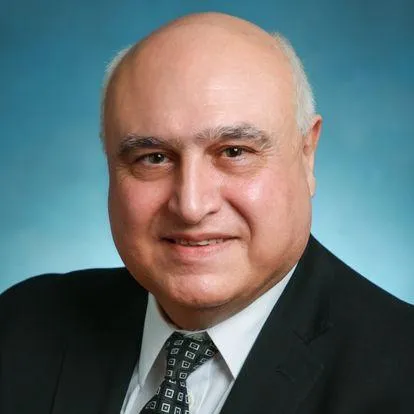

William Josephson, M.D
Board Certified Family & Internal Medicine Physician
William Josephson, M.D. is an internist and primary care physician in Northridge (Granada Hills), CA. His specialties include care and treatments for vitamin deficiency, obesity and weight management, women's health, sleep disorders, asthma, cholesterol health, diabetes, and depression and anxiety, among other patient concerns and ailments. Dr. Josephson has been a practicing physician for more than 33 years who puts his patients first. Patients are always seen as quickly as possible, and their concerns are fully addressed. He believes medical care should include preventative care and effective treatments, personalized to each patient's lifestyle and health needs. Dr. Josephson believes that establishing a bond with the patient will allow not only for patient comfort but also the most efficient medical care possible. He is pleased to be welcoming new patients, so call our office or book online today!

Common Questions
Do you accept health insurance?
We accept most major PPO insurance plans, Medicare and MediCal. If you have any questions regarding your insurance plans and coverage, please call our office. We are happy to help you.
Why a doctor of internal medicine?
Board-certified in the field of internal medicine, Dr. Josephson specializes in caring for adults. In contrast to general practitioners and physicians in family practice — both of whom treat patients of all ages — an internist focuses specifically on adult health issues. As the physician responsible for overseeing his patients’ total care, he acts as the “quarterback,” collaborating with — and making referrals to — a wide network of specialists to address your broader health issues.
Does Dr. Josephson See “Walk-In” Patients?
Although “walk-in” visits are not encouraged, and though we can't guarantee same-day service with Dr. Josephson in urgent situations, if you can call the office as soon as possible to see if we can get you seen by the Doctor we will let you know
What if I’m Running Late or Need to Cancel My Appointment?
We respectfully request that all patients arrive 15 minutes early for their appointments. If you need to reschedule your appointment for any reason, please call the office at least 24 hours in advance.


Common Questions
Do you accept health insurance?
We accept most major PPO insurance plans, Medicare and MediCal. If you have any questions regarding your insurance plans and coverage, please call our office. We are happy to help you.
Why a doctor of internal medicine?
Board-certified in the field of internal medicine, Dr. Josephson specializes in caring for adults. In contrast to general practitioners and physicians in family practice — both of whom treat patients of all ages — an internist focuses specifically on adult health issues. As the physician responsible for overseeing his patients’ total care, he acts as the “quarterback,” collaborating with — and making referrals to — a wide network of specialists to address your broader health issues.
Does Dr. Josephson See “Walk-In” Patients?
Although “walk-in” visits are not encouraged, and though we can't guarantee same-day service with Dr. Josephson in urgent situations, if you can call the office as soon as possible to see if we can get you seen by the Doctor we will let you know
What if I’m Running Late or Need to Cancel My Appointment?
We respectfully request that all patients arrive 15 minutes early for their appointments. If you need to reschedule your appointment for any reason, please call the office at least 24 hours in advance.

Schedule An Appointment Today
To make an appointment, call Dr. Josephson's office at (818) 360-4600 or click the button below to get in touch with us.
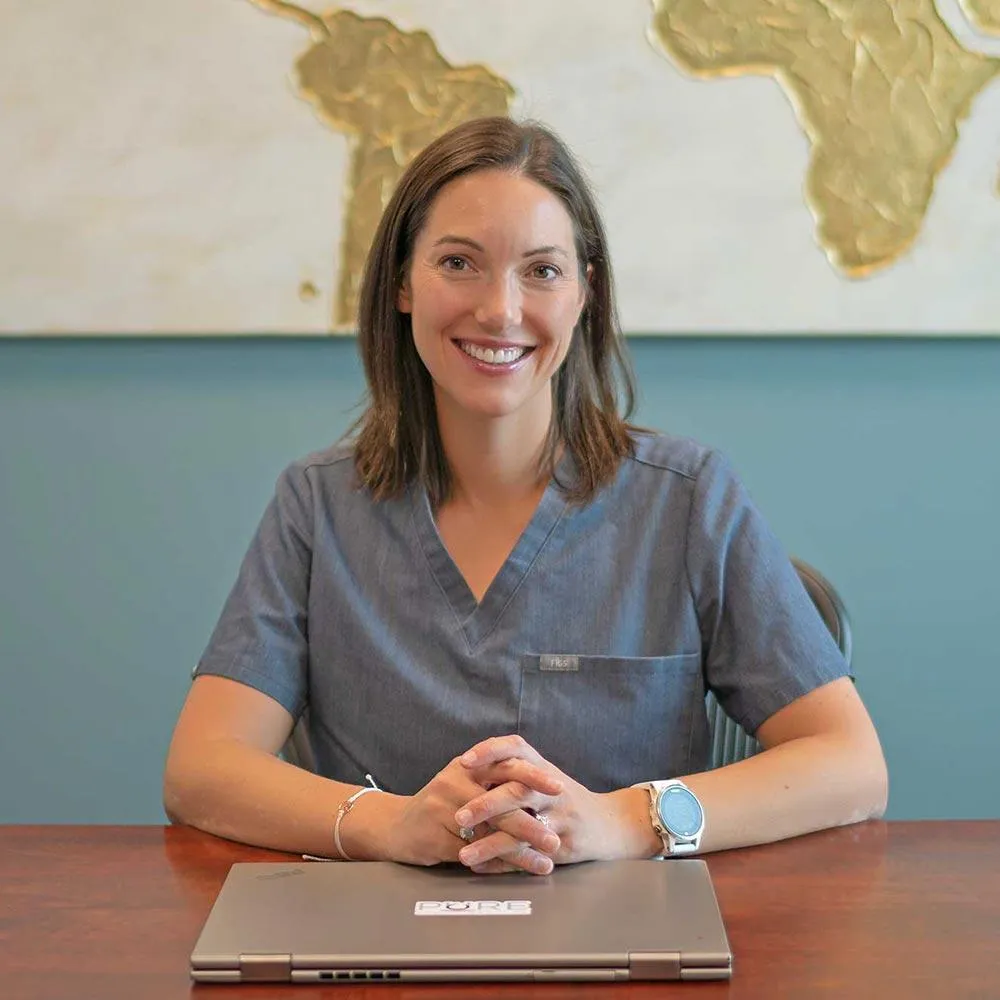
Schedule An Appointment Today
To make an appointment, call Dr. Josephson's office at (818) 360-4600 or click the button below to get in touch with us.
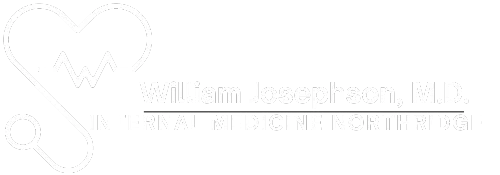
Services
Primary Care
Internal Medicine
Senior Care
Suboxone Therapy & more...
Office Hours
M-F - 9am-6pm
Saturday - Closed
Sunday - Closed
© 2024 Internal Medicine Northridgeine

Office Hours
M-F - 9am-6pm
Saturday - Closed
Sunday - Closed
Services
Primary Care
Internal Medicine
Senior Care
Suboxone Therapy & more...
© 2024 Internal Medicine Northridge